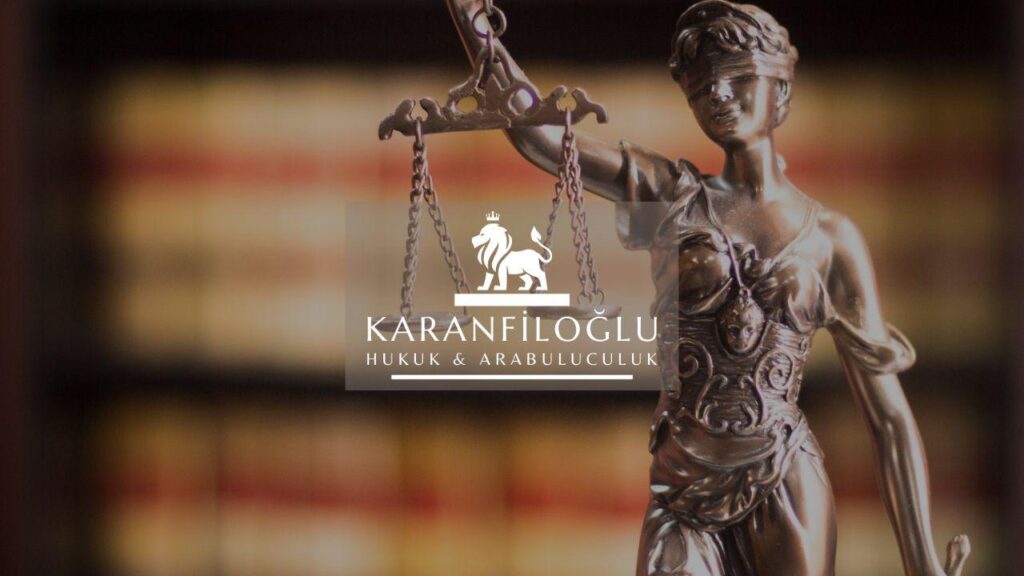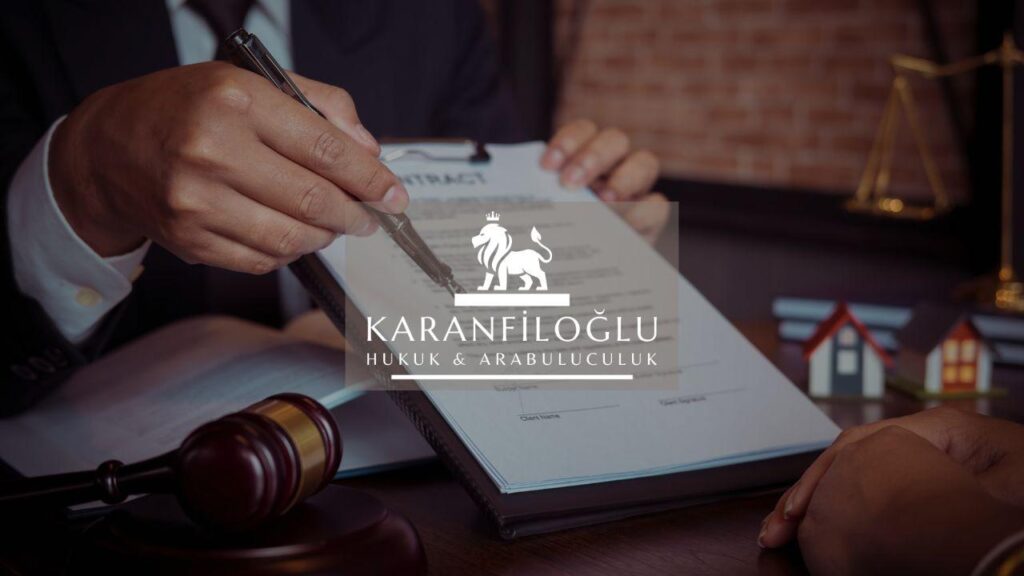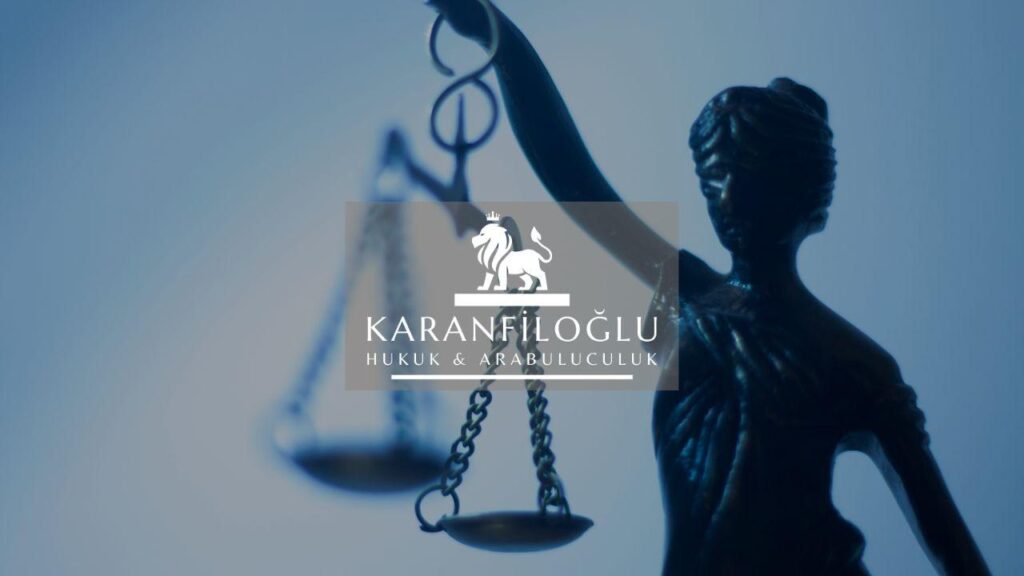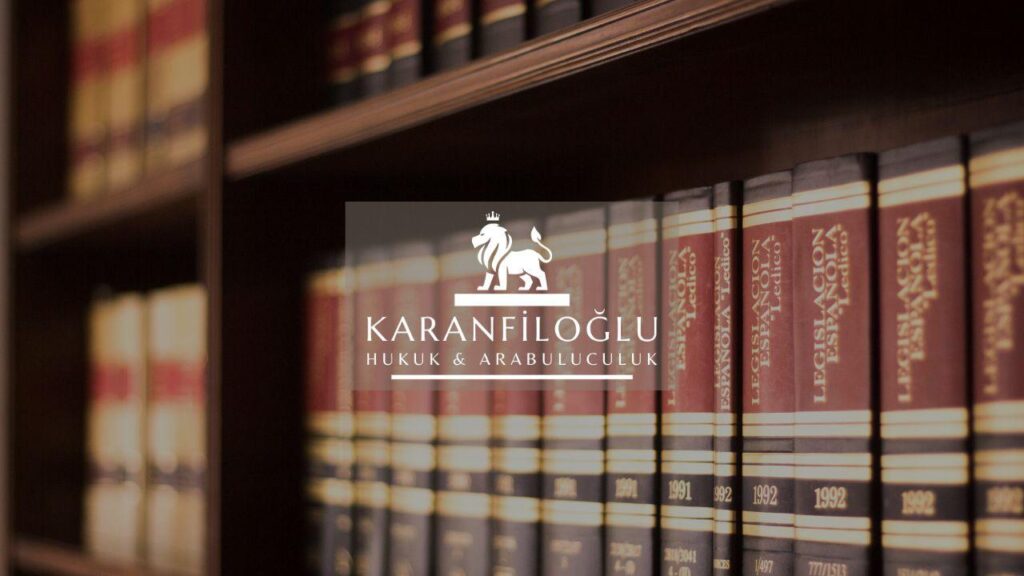At Karanfiloglu Law Office, we understand that navigating the intricacies of escrow arrangements, deposits, and earnest money is crucial for clients seeking to engage in secure transactions within Turkey’s legal framework. These financial instruments play vital roles in various sectors, including real estate, business transactions, and other agreements requiring security and commitment. Properly managing these funds not only ensures the protection of client interests but also fosters trust and transparency between parties involved. Our expert team is well-versed in Turkish laws governing these areas, providing clients with comprehensive legal guidance to mitigate risks and comply with all statutory requirements. This article aims to outline the best practices and legal considerations associated with escrow services, deposits, and earnest money, empowering clients with the knowledge to make informed decisions. By understanding these legal nuances, clients can avoid potential pitfalls and secure their investments efficiently with the assistance of our experienced legal professionals.
Understanding Escrow Arrangements in Turkish Law
Escrow arrangements in Turkish law are essential tools for securing transactions, providing an impartial mechanism to hold funds or assets until predetermined conditions are met. This legal provision plays a significant role in ensuring that all parties fulfill their contractual obligations. Under Turkish Civil Code, escrow services are often facilitated by a third-party custodian, typically a bank or a legal institution, which holds the assets on behalf of the parties involved in the transaction. The escrow agreement outlines the terms, conditions, and specific responsibilities, including the release criteria for the held funds or assets. Adherence to these legal frameworks is critical to ensure that the transaction proceeds smoothly and without disputes. At Karanfiloglu Law Office, we assist clients in drafting and reviewing escrow agreements, aiming to safeguard their interests and ensure compliance with relevant Turkish regulations.
When engaging in escrow arrangements in Turkey, it is crucial to understand the role and responsibilities of the escrow agent. This agent acts as an impartial facilitator who must strictly adhere to the stipulated terms of the escrow agreement. Their primary duty is to act in the best interest of both parties, maintaining neutrality and ensuring that the conditions outlined in the agreement are fulfilled before releasing any funds or assets. Additionally, parties must ensure that the escrow agent is reputable and trustworthy, as this person or entity holds significant control over the assets in question. The selection process should involve thorough due diligence to verify the agent’s credentials and reliability. At Karanfiloglu Law Office, we guide our clients in choosing the right escrow agents and provide the necessary oversight to ensure that the process adheres to Turkish legal standards, thereby minimizing potential risks and ensuring a smooth transaction process.
Furthermore, attention must be given to drafting comprehensive and clear escrow agreements, as these documents are vital in delineating the expectations and responsibilities of both parties and the escrow agent. This legal agreement should list the specific conditions under which funds or assets are to be released, detailed timelines for the completion of each condition, and the dispute resolution mechanisms to handle any potential disagreements. Proper documentation and record-keeping are also paramount, as these records can serve as evidence in case of a dispute. Regular communication between all parties involved, facilitated by legal experts, can help preempt misunderstandings or conflicts, ensuring that the transaction proceeds according to plan. At Karanfiloglu Law Office, we believe that a meticulously drafted escrow agreement is the cornerstone of a successful transaction, and we devote our expertise to safeguarding our clients’ interests every step of the way.
Legal Guidelines for Managing Deposits and Earnest Money
In Turkey, deposits and earnest money must be managed in strict accordance with the Turkish Code of Obligations and other relevant legal statutes to ensure their intended purpose of safeguarding transactions. It is essential for both parties involved to meticulously draft and execute agreements that specify the terms and conditions governing these funds, including the situations that would warrant their forfeiture or return. Typically, earnest money acts as a preliminary monetary guarantee in transactions, establishing the buyer’s commitment while reserving the seller’s duty to honor the agreement. Due diligence is critical in preserving these funds’ legal integrity; hence, these agreements should be documented in writing, with explicit stipulations regarding the responsibilities and rights of both parties. At Karanfiloglu Law Office, our expertise ensures that such agreements are not only in compliance with Turkish law but also reflective of the specific needs and interests of our clients, thereby minimizing disputes and enhancing transactional security.
Additionally, escrow accounts serve as a neutral holding place for deposits and earnest money, providing a layer of security by ensuring that funds are only disbursed once all contractual obligations are met. In accordance with Turkish regulations and best practices, parties should employ licensed escrow agents to maintain impartiality and prevent conflicts of interest. These agents are tasked with the fiduciary responsibility of managing the funds until specific contractual conditions are satisfied. Clear, comprehensive escrow agreements are essential to detail the conditions under which funds can be released, outlining protocols for dispute resolution in case disagreements arise. At Karanfiloglu Law Office, we advise drafting precise and enforceable escrow arrangements that align with Turkish legislation, enabling clients to confidently proceed with transactions backed by professionally managed escrow services. This approach helps reinforce trust among parties, reducing the likelihood of disputes and ensuring a seamless transaction process.
In the context of Turkish law, it is vital to recognize that the misuse or mishandling of deposits and earnest money can lead to significant legal repercussions, ranging from financial penalties to potential breach of contract claims. Thus, ensuring that all financial commitments are clearly articulated and agreed upon by all parties well in advance is imperative. Furthermore, the integration of legal oversight in drafting and managing these financial instruments cannot be overstated. At Karanfiloglu Law Office, we provide clients with meticulous attention to detail and strategic legal planning to safeguard their interests. By offering tailored advice and monitoring the compliance of all transactions with Turkish legal standards, we help our clients fulfill their contractual obligations effectively. This proactive legal support not only optimizes the assurance process but also facilitates the smooth execution of commitments, fostering a transactional environment rooted in confidence and reliability.
Avoiding Disputes: Best Practices for Escrow, Deposits, and Earnest Money
To avoid disputes when handling escrow, deposits, and earnest money in Turkey, it’s essential to establish clear contractual terms and conditions. Parties should explicitly define the roles and responsibilities associated with these financial instruments and agree on the specific conditions for release or forfeiture of funds. Utilizing the guidance of experienced legal professionals, such as those at Karanfiloglu Law Office, ensures that the stipulations align with Turkish legal requirements and accurately reflect the intentions of all parties involved. Moreover, selecting a reputable escrow agent or trustee with a proven track record in managing these transactions further mitigates the risk of disputes. By securing independent legal advice and conducting thorough due diligence on all parties, clients can reinforce trust and foster a cooperative environment, ultimately safeguarding their investments from unforeseen complications.
Another crucial best practice involves diligently documenting all communications and transactions related to escrow, deposits, and earnest money. Maintaining comprehensive records ensures transparency and accountability, serving as valuable evidence should disputes arise. This documentation should include agreements, receipts, communications between parties, and any amendments to the initial terms. Under Turkish law, such records can be instrumental in demonstrating compliance with legal obligations, thereby strengthening a party’s position in the event of a disagreement. Karanfiloglu Law Office recommends ensuring that all documentation is meticulously organized and easily accessible, expediting any legal processes if necessary. Clients are also advised to regularly review and update their documentation to reflect any changes in circumstances or agreements, as this proactive approach minimizes the risk of misunderstandings and protects their interests effectively.
Finally, establishing a clear dispute resolution process is key to managing and preventing disagreements over escrow, deposits, and earnest money. It’s advisable to outline specific procedures within the contract for handling any conflicts that may arise, including mechanisms such as mediation or arbitration before pursuing litigation. Engaging the expertise of legal professionals, like those at Karanfiloglu Law Office, can help design a dispute resolution framework that complies with Turkish legal standards while addressing the preferences and needs of the involved parties. By proactively incorporating structured resolution methods, clients can navigate conflicts more efficiently, minimizing disruptions to their transactions and safeguarding their interests. Additionally, ensuring effective communication between all parties can further prevent issues, enabling speedy identification and resolution of potential concerns. Thus, armed with these best practices, clients are better positioned to manage escrow, deposits, and earnest money securely and with confidence.
Disclaimer: This article is for general informational purposes only and you are strongly advised to consult a legal professional to evaluate your personal situation. No liability is accepted that may arise from the use of the information in this article.







